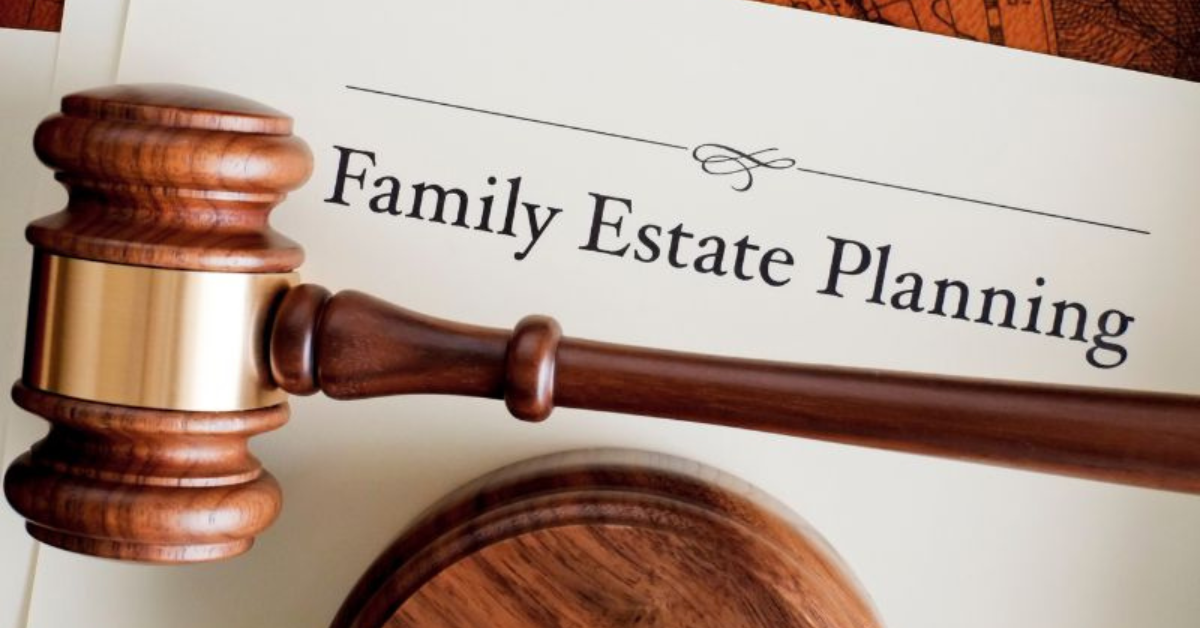What Does Estate Planning Attorney Do?
What Does Estate Planning Attorney Do?
Blog Article
Indicators on Estate Planning Attorney You Need To Know
Table of ContentsNot known Details About Estate Planning Attorney Not known Incorrect Statements About Estate Planning Attorney Facts About Estate Planning Attorney Revealed
Changes in your life can create a factor to alter your estate strategy. Adjustments in the law can also create a requirement to upgrade your estate strategy. The different fees and costs for an estate plan ought to be gone over with your attorney. There are several sources for estate planning supplied on the web or by various companies, and the reward to avoid attorneys' fees is commonly an encouraging factor.
It is additionally possible that it will be altered as a result of the modification of administration in 2020. The Illinois estate tax threshold amount is $4,000,000 and an estate with also $1 over that quantity is subject to tax on the entire quantity. An individual whose estate goes beyond these exception or limit levels needs to do some added estate preparing to minimize or remove death taxes.
The Illinois estate tax obligation threshold is not mobile. Normally, a gift of property from a person to his or her partner who is a united state person is exempt to a gift tax obligation or an inheritance tax. Presents to anyone else is a taxed gift, but undergoes an annual exemption (gone over below) and the very same lifetime exception as for government inheritance tax.
The Best Strategy To Use For Estate Planning Attorney
Some estate strategies may include life time presents. In 2020, a person could offer up to $15,000 a year to anybody without a present tax obligation. Additionally, under certain situations, an individual could make presents for clinical expenses and tuition costs above the $15,000 a year limit if the clinical repayments and tuition repayments were made straight to the clinical company or the education and learning supplier.
Couples typically have residences and financial institution accounts in joint tenancy. It is used much less regularly with nonspouses for a variety of factors. Each joint renter, no matter which one purchased or initially possessed the residential or commercial property, deserves to make use of the collectively owned home. When two people own building in joint tenancy and among them passes away, the survivor ends up being the one hundred percent proprietor our website of that home and the dead joint lessee's interest terminates.

But there check these guys out is no right of survivorship with tenants-incommon. When a tenant-in-common dies, his/her passion passes to his or her estate and not to the surviving co-tenant. The residential or commercial property passes, instead, as component of the estate to the beneficiaries, or the recipients under a will. Tenancy by the entirety allows partners to hold their key home devoid of cases against just one partner.
See This Report about Estate Planning Attorney

Illinois has embraced a law that allows monetary accounts, such as with a brokerage company, to be registered as transfer on death ("TOD"). These resemble a payable on death account. At the death of the proprietor, the possessions in the account are moved to the assigned beneficiary. Illinois has just recently adopted a statute that permits certain genuine estate to be moved on death with a transfer on fatality tool.
The beneficiary of the transfer on fatality instrument has no rate of interest in the genuine estate till the death of the owner. All joint lessees should accept the sale or home loan of the home. Any kind of one joint occupant might withdraw all or a part of the funds in a joint bank account.
Estate, gift, or income tax obligations might be affected. Joint occupancy might have various other effects. : (1) if residential property of any type of kind is held in joint tenancy with a family member that obtains well-being or various other benefits (such as social safety and security benefits) the loved one's entitlement to these benefits might be endangered; (2) if you position your residence in joint tenancy, you might lose your right to beneficial elderly resident real estate tax obligation treatment; and (3) if you produce a joint occupancy with a child (or anybody else) the youngster's creditors might seek to accumulate your youngster's financial debt from the residential or commercial property or from the profits of a judicial sale.
Joint tenancies are not a basic remedy to estate issues but can, in reality, produce troubles where none existed (Estate Planning Attorney). The costs of preparing get more a will, tax planning, and probate may be of little relevance compared to the unplanned troubles that can occur from making use of joint tenancies indiscriminately. For a full description of the advantages and drawbacks of joint occupancy in your particular circumstance, you should consult an attorney
Report this page